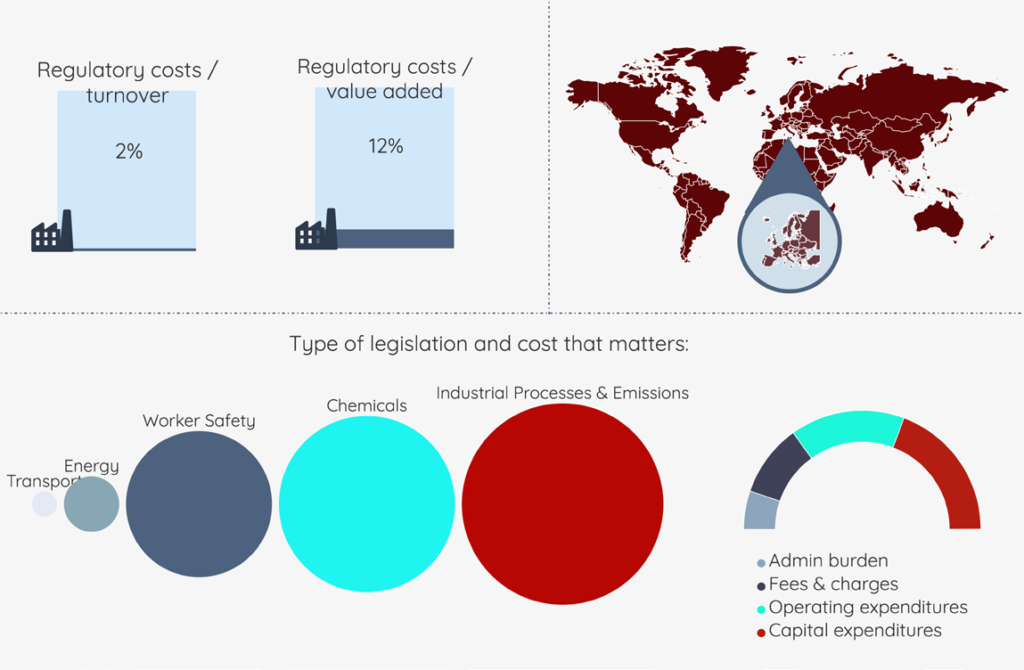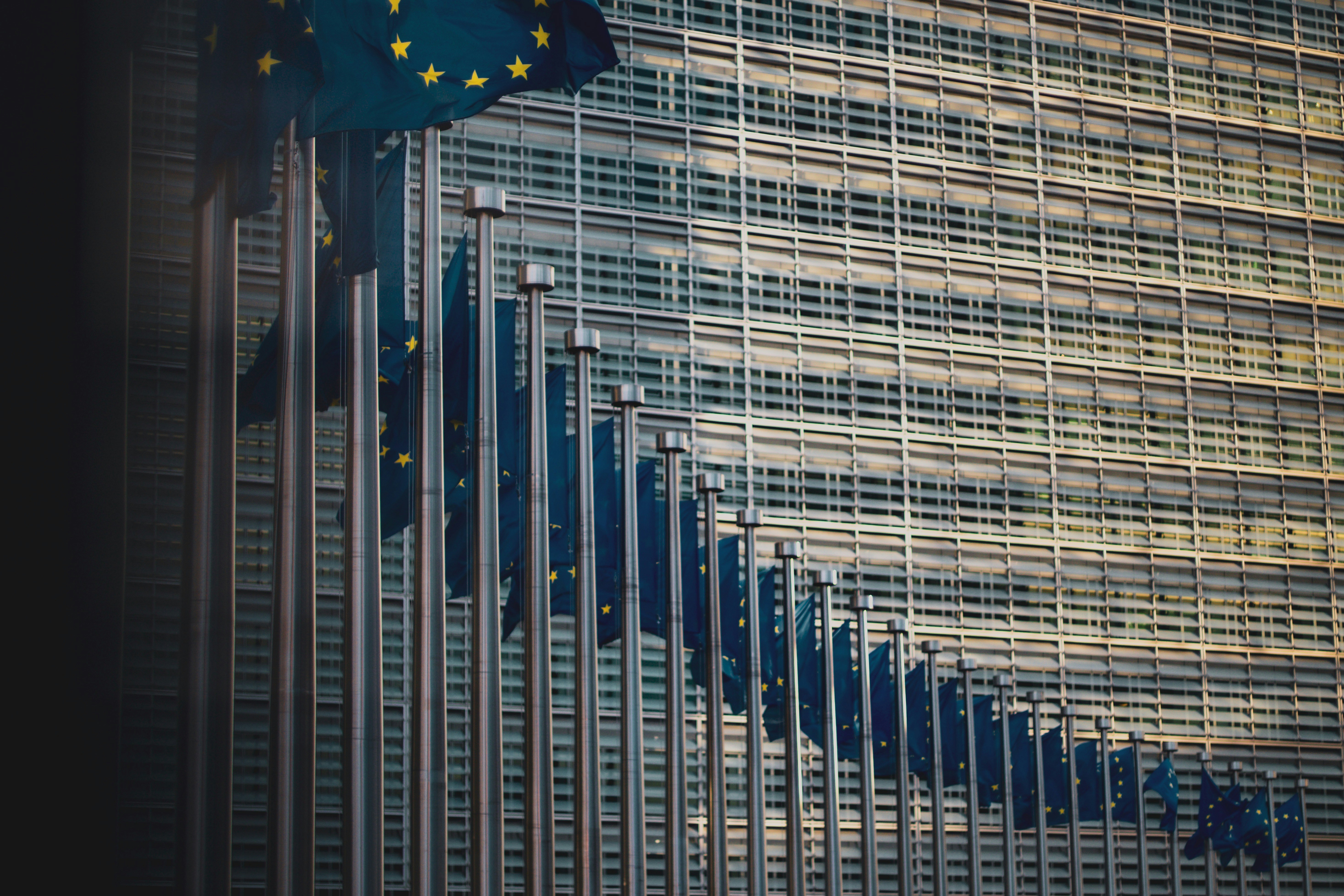Europe is a global leader in the production of chemicals. While chemicals are used in everyday products, and cover a broad range of applications, the impact of a series of chemical substances on the environment and health remains uncertain. Recently, chemical policy has been at the top of the EU political agenda: hot topics include the classification of glyphosates (one of the most used substances in pesticides), restrictions on use of Bisphenol A (primarily used to make plastics), human exposure to a “cocktail effect” of chemicals in our bodies, and the definition of criteria to characterise endocrine disruptors.
The EU’s pioneering, ground-breaking and comprehensive chemical legislative framework impacts the chemical industry as well as consumers’ health and the environment. Its further development will be a critical turning point for ecological modernisation, influencing the EU and the rest of the world.
The European Commission’s Directorates-General for the Environment (DG ENV) and the Internal Market, Industry, Entrepreneurship and SMEs (DG GROW), are jointly running a Fitness Check on the most-relevant chemical legislation1, assessing whether the regulatory framework for chemicals is fit for purpose. The exercise should make EU chemical regulation more efficient for industry and better for environmental protection and human health.
The EC launched two flagship studies under the Fitness Check: one on the regulatory fitness of the legislative framework governing risk management for chemicals – the ‘Classification, labelling and packaging’ (CLP) Regulation and related legislation (excluding REACH) – and the other on the most relevant chemical legislation other than CLP. The latter, led by Amec Foster Wheeler and involving Technopolis Group, reviews the current approaches to identifying hazards outside CLP. It performs specific assessments to manage the risks to the environment and health.
Balancing costs and returns
In addition, Technopolis Group has led two studies that will provide relevant data to the Fitness Check: the Cumulative Cost Assessment for the Chemical Industry and its ongoing follow-up study on the International Comparison of Cumulative Regulatory Costs. The former developed a methodology for the Commission’s new instrument, the so-called cumulative cost assessment2, and focused on the costs borne by chemical companies operating in the EU. The latter compares these results with the costs borne in competitor countries – China, India and the United States – using a cost-justification approach that investigates what are the expected returns at the given costs. Technopolis Group’s team is investigating the respective legislative frameworks, their levels of enforcement, and the subsequent benefits: such as new product lines or markets, more environmentally sensitive practices and reduction in occupational hazards.
Margot Wallström, the former Vice President of the European Commission, has described chemicals as “a blessing and a curse”. These paradoxical feelings are shared by the European population at large: the 2013 Chemical Flash Eurobarometer suggests that while three-quarters of Europeans consider that new chemical substances are involved in most industrial innovations, opinions on whether these substances contribute to a better environment are deeply divided.

The stakes of modernising chemical legislation and the chemical industry are higher than ever. Through its past and current work on chemical policy, Technopolis Group reiterates its commitment to supporting policymakers in making the right choices, in terms of social and environmental sustainability, for safer and responsible chemical industry.
1 – Evaluation and fitness check roadmap
2 – DG GROW, Cumulative Cost Assessment for the Chemical Industry, 2016.



